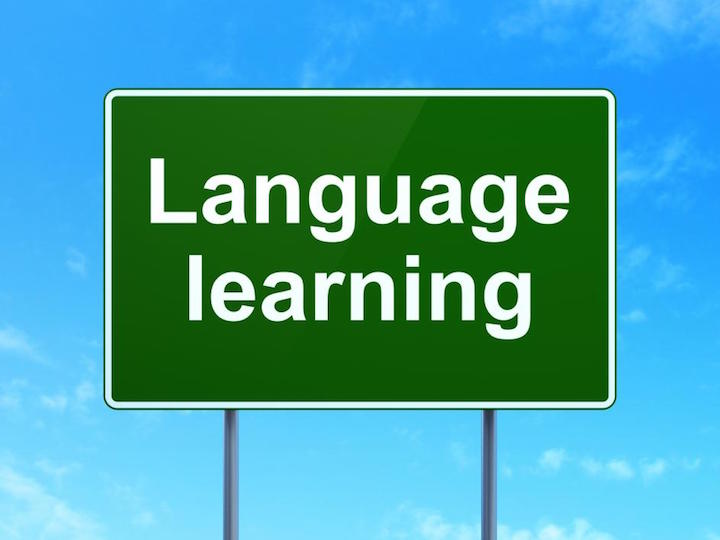“Input” Plus “Output” Personal Language Learning Experience
 “Input based language learning” - as the polyglot Steve Kaufmann likes to say - can have a powerful "snowball effect"... "the more you understand, the more you learn."
“Input based language learning” - as the polyglot Steve Kaufmann likes to say - can have a powerful "snowball effect"... "the more you understand, the more you learn."
My Spanish Experience
This has definitely been my experience these past two months of learning Spanish. Before setting off for a month in Barcelona, I armed myself with the basics of the www.gamesforlanguage.com Spanish 1 course:
• A vocabulary of about 700 practical words
• An understanding of how those words behave in the context of communication
• A grasp of how those words sound, alone and in context
I then “snowballed” my input learning: I took in whatever Spanish was spoken in my immediate surroundings; I listened to Spanish radio, watched crime series on TV, bought El País to read at breakfast, and searched the net for online news in Spanish.
And, I started reading Carlos Ruiz Zafón’s novel “El juego del angel,” on my Kindle, when I got back home to Boston. I’ve been surprised at how good my understanding of printed Spanish has become in such a short time. I’m also very pleased at my progress in understanding Spanish on radio and TV.
Hearing and seeing words or phrases many times really helps improve my understanding of Spanish. I actively guess the meaning of words from the context provided and/or from other words that I've learned.
That’s all great. And, if you want to learn to speak or write - in other words, produce the language - you have to deliberately take that step. Yes, you can wait until you understand lots more vocabulary.
But you won't own it until you start producing it. In my opinion, the sooner you start producing (speaking and writing) your new language, the better it is.
Our one month stay in Barcelona gave me the opportunity to speak right away, to apply and adapt the phrases and sentences I had learned and practiced before.
Why stop at five (5) Languages?
Before Spanish, I had acquired five languages, all in different ways. My 1st and native language (German) just happened. (We all know how that goes). My 2nd and 3rd languages (Dutch and English) were full immersion experiences, but at different ages (9 and 11).
My 4th language (French), I learned in school and studied at a Canadian university. I was able to read Stendhal, Flaubert, Proust, etc. easily in French, but even with years of school and college lessons, I was not able to hold a French conversation. That only came when I had someone to speak with.
I started learning my 5th language (Italian) with an audio-only course, which trained my listening and speaking skills. I had little understanding how the language was written, so I automatically wrote Italian using French spelling. It also took me a long time to learn to read Italian well enough to experience any “snowball effect.”
Learning Spanish Was Different
My recent experience learning Spanish was a different one from learning my other languages. I used both “input learning" (reading and listening) and “output learning" (speaking and writing) to prepare for our stay in Spain.
Reading and listening are not at all passive ways to learn a language. Your mind is actively engaged in decoding sounds and printed letters; you’re constantly guessing, looking for clues, trying things out.
Similarly, when you speak and write a language, it’s a learning process. You are not just producing what you know, you’re analyzing, interpreting, you’re trying out - all with the goal of communicating something as clearly as possible.
Three(3) Practical Tips
To learn how to speak in a foreign language, you have to actively make the effort to speak, and you have to speak a lot. Getting yourself into a practicing mode for speaking a language is not hard. Assuming that you are also doing plenty of listening to your new language, here are three (3) practical tips: (Do this every day, if you can.)
• Take a short text and read it aloud, several times.
• Take a couple of new useful phrases or sentences, and say them aloud many times during the day.
• Role play short dialogues, and act out both voices. Ham it up!
If you can find an exchange partner for practicing conversations, all the better.
